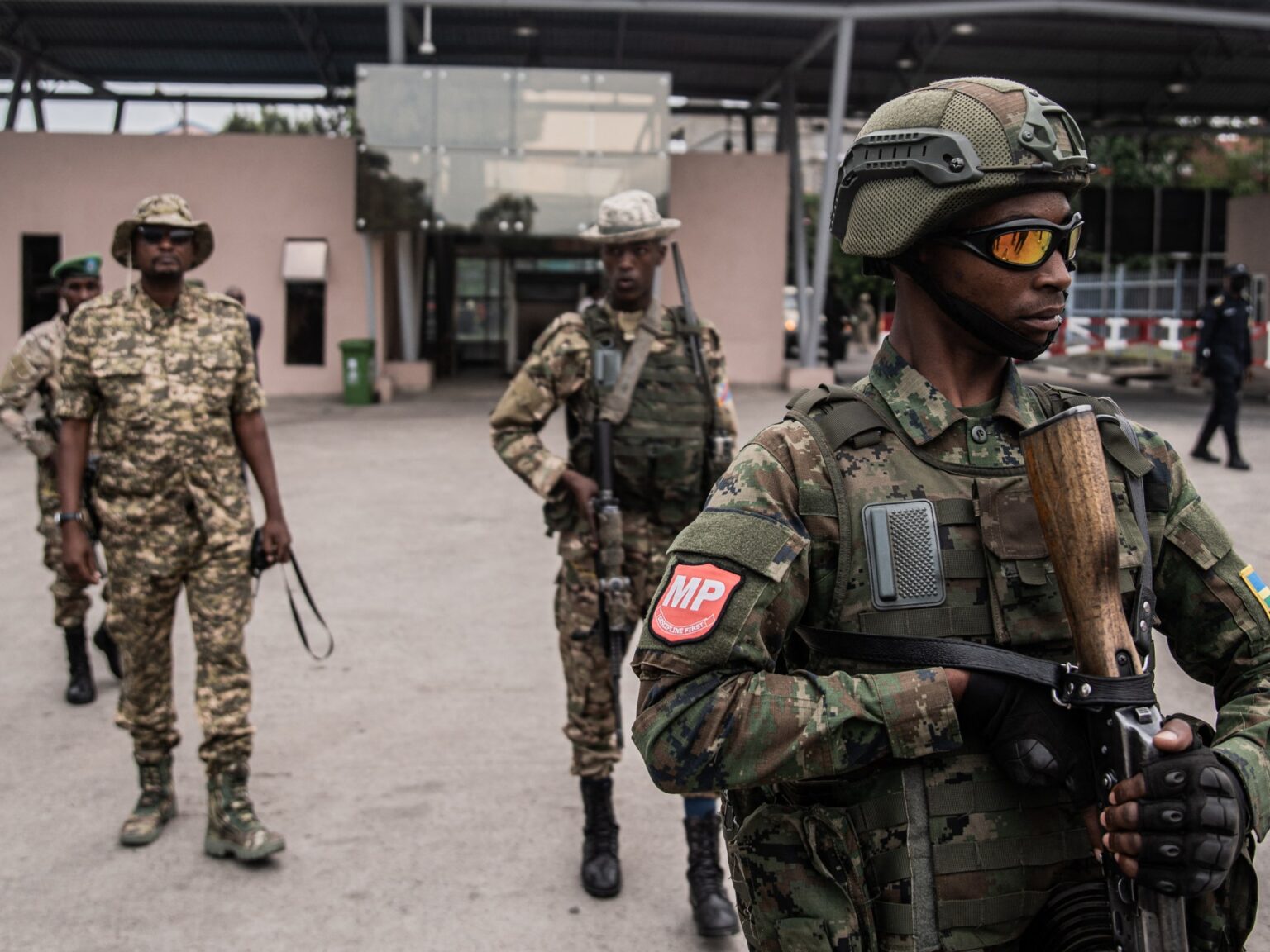Up to 45 percent of nearly 10,000 sexual violence cases reported in DRC’s conflict zone in January and February involved children, according to the UNICEF.
The United Nations has condemned the widespread rape and sexual violence against children in the eastern Democratic Republic of the Congo (DRC) reported in the first two months of this year amid heightened tensions between the M23 armed group and government forces.
Spokesperson for the United Nations children’s agency UNICEF, James Elder, warned on Friday that the rate of sexual violence in the DRC against children had “never been higher”.
“Early reports show that children make up between 35 to 45 percent of the nearly 10,000 cases of rape and sexual violence reported … in just January and February of this year,” he told reporters in Geneva, speaking from Goma.
“In short, based on initial data … during the most intense phase of this year’s conflict in eastern DRC, a child was raped every half an hour,” he explained.
After the fallout of the Rwandan genocide in 1994, the DRC has been plagued with violence as rebel groups and government forces fight for control.
However, the conflict escalated in January after M23 fighters advanced rapidly, seizing the eastern city of Goma and the town of Bukavu in February.
At least 3,000 people have been killed, and more have been displaced from the eastern territory, prompting fears of a wider regional war.
Moreover, the UN and Western governments have accused Rwanda of backing M23 and providing the group with arms, which Kigali has denied.
‘Systemic crisis’
Elder warned the recent uptick in violence against children is not an isolated incident due to the conflict but a “systemic crisis”.
“It is a weapon of war and a deliberate tactic of terror. And it destroys families and communities,” he said, stressing that the figures could be “just the tip of the iceberg, hidden beneath layers of fear, stigma, and insecurity”.
He said this “should shake us to our core. Certainly, it should compel urgent and collective action.”
The UN official called for more prevention efforts and “survivor-centred services” that allow for a safe and accessible way to “report abuse without fear”.
“Survivors must see the world stand with them, not turn away. And perpetrators must face justice,” he urged.
Read the full article here

